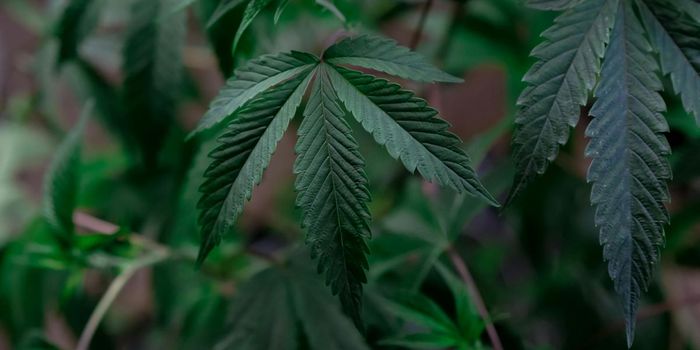Of all the potential adverse effects of a marijuana lifestyle, I bet you hadn't considered one oft-neglected part of the body: teeth. Well, it turns out that, according to the American Dental Association (ADA), marijuana smoking is associated with many periodontal complications, including, but not limited to, xerostomia, leukoplakia and mouth and neck cancers.
Photo source: pexels.com
According to the report, published on the ADA website, smoking marijuana can cause detrimental effects on your periodontal health similar to tobacco smokers. In other words, chronic smoking of marijuana is associated with similar respiratory pathologies as tobacco smoking because in each case you are bringing smoke into your mouth. So some effects are not necessarily related to cannabis, per se, but merely the act of smoking.
However, marijuana can cause dental problems through its systemic effects on the body. Dry mouth is often associated with marijuana through its effects on the cholinergic system in the central nervous system (CNS). There are also tertiary effects of smoking marijuana, such as increased appetite, which could make some "consume cariogenic snack foods".
There are some other effects that could be due specifically to the effects of marijuana on the body. Several studies have found a strong relationship between marijuana and periodontal disease. Even after accounting for confounding factors such as cigarette smoking, alcohol use, social status, and other health issues. This suggests that these periodontal problems are related to marijuana alone, not just smoking.
Photo source: Unsplash.com
For instance, marijuana has been shown to have immunosuppressive effects, and this could contribute to a higher rate of cavities compared to non-users. Furthermore, the hydrocarbons present in marijuana compounds may provide an energy source for Candida albicans, resulting in an increased prevalence and density of bacterial colonies.
Another possible effect of marijuana smoking concerns the alveolar bone that makes up teeth. However, this is where the phytocannabinoid CBD could play a beneficial role. In one animal study, rats with experimenter-induced periodontitis that were given CBD for 30 days had a decrease in alveolar bone loss and a decrease in inflammatory compounds. The findings were interpreted to mean that CBD may "be useful to control bone resorption". However, the effects of CBD on alveolar bone loss are still controversial.
Despite these beneficial effects of CBD, the numbers do not lie. A recently published review of the National Health and Nutrition Examination Survey 2011 to 2012, consisting of approximately 2,000 self-reported marijuana users, determined a significant association between marijuana-use and periodontitis. This makes it a public health issue. Clinicians have been advised by the ADA to include questions about marijuana use during a complete and comprehensive oral exam and to keep up with current legislative changes regarding recreational or medicinal marijuana.
Sources: www.ada.org, oralcancerfoundation.org, healthline.com, Prescrire International, wikipedia.org/wiki/Candida_albicans, www.dentistryiq.com, Journal of Periodontology










